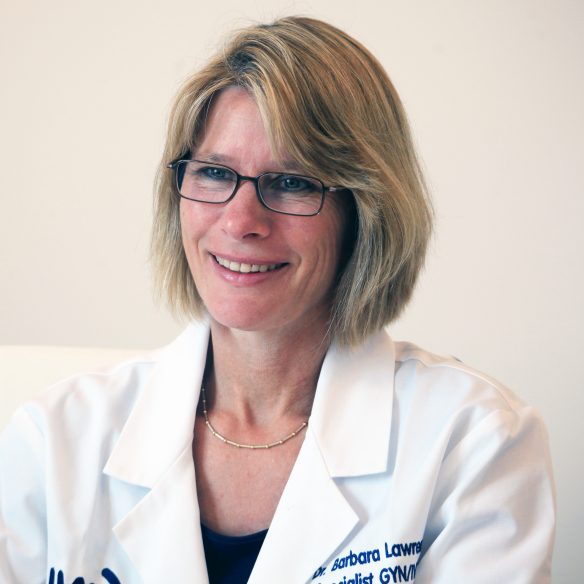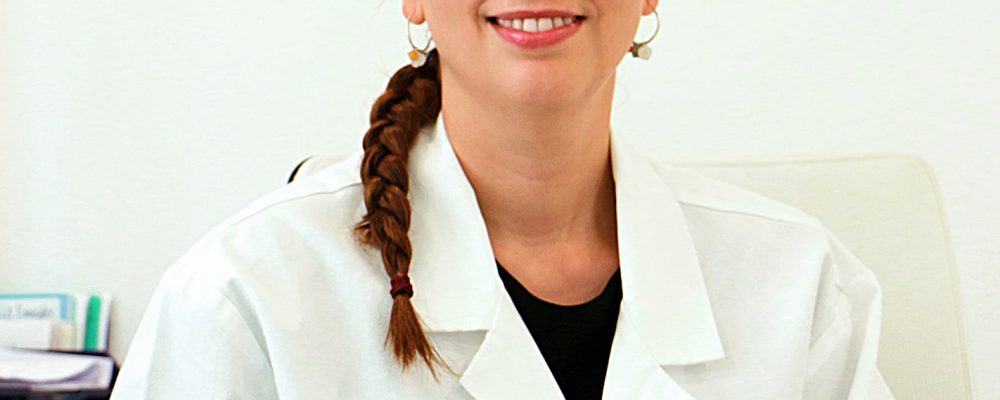More and more women today have been delaying having a baby for various social or career related reasons and this has come to light more often than before in the UAE too.
IVI Middle East Fertility Clinic recently embarked on an information drive to share some interesting information about the human body, the reproductive system, and fertility in general. The initiative is part of the clinic’s efforts to empower the couples whether existing patients or not, especially those who are thinking of putting their parenthood plan on a back burner.
“We aim to share some facts that would help raise awareness about reproductive health as well as empower and educate not just women but men as well. We also hope that the findings will aid young women specifically in their decision concerning delayed pregnancy by informing them how their body works and options that they may find useful later on,” says Dr. Barbara Lawrenz, IVF Specialist, IVI Middle East Fertility Clinic, Abu Dhabi.
According to Dr Laura Melado, IVF Specialist, IVI Middle East, Abu Dhabi, “the first thing women should know is that they were born with all the eggs they are going to have in a lifetime. Fertility declines remarkably from age 35. By the time a woman is 37 years old, 90 per cent of her eggs are gone. Similarly, in men, the notion is that they produce sperm all their life, but it is critical to know that sperm quality declines with age.”
A man may ejaculate above 40 million sperm to fertilize an egg. Whereas a woman produces one egg in a month, which means she ovulates around 500 eggs in her whole lifetime.
Given this reality, Dr Laura Melado says that it is best to try conceiving sooner rather than later. Women younger than 30 have about a 20 per cent chance of getting pregnant every month, but this drops to about 5 per cent at age 40. Also, when the male partner is over 45, there is an increased risk of miscarriage.
When ready to have a baby, women and men should aim to be as healthy as possible. Adopting a healthy lifestyle – that is, being fit, limiting caffeine intake, avoiding tobacco, leading an active lifestyle by exercising regularly – increases the chances of conception. Having an active and healthy lifestyle is also critical to the long-term health of the baby.
It is important to note as well that pregnancy is only possible during the fertility window phase. This phase occurs five days before ovulation through to the day of ovulation. It is also best to consult a doctor if any of these conditions exist: Polycystic Ovary Syndrome (PCOS); Endometriosis; irregular menstrual cycle; and unhealthy sperm, among others. Exposure to some environmental pollutants and chemicals can affect fertility as well.
Most people get pregnant within a year of trying. If a couple has been trying for
12 months or more (six months if a woman is older than 35) without success, then it is time to consult a fertility specialist about a possible fertility condition without any delay.
“Lastly, fertility treatments can help those struggling to have children. There is always hope and, nowadays, the chance of conception is high given the advancements in Reproductive Medicine. Couples can talk to a fertility expert about fertility treatment options that best suit and are available to them,” Dr. Laura added.
Dr Barbara Lawrenz is a Specialist – IVF at the Abu Dhabi clinic and specialises in
Fertility preservation in young female patients, treating Endometriosis and treatment of hormonal disturbances, e.g. polycystic ovarian syndrome. Her past experience includes working at the Women´s University Hospital Tübingen, Germany where she was the Head of IVF.
Dr Laura Melado is a renowned IVF specialist at the Abu Dhabi clinic and has over 15 years of experience in treating both male and female fertility conditions. She is a member of European Society of Human Reproduction and Embryology (ESHRE), Spanish Board of Obstetrics and Gynecology, Spanish Fertility Society (SEF) and Spanish Society of Obstetrics and Gynecology (SEGO) and has an extremely high success rate in the region.





